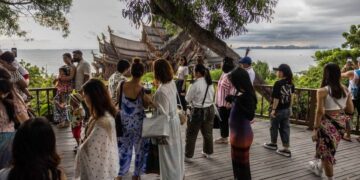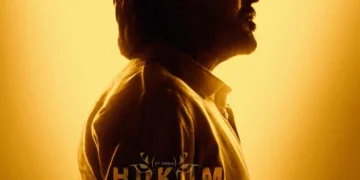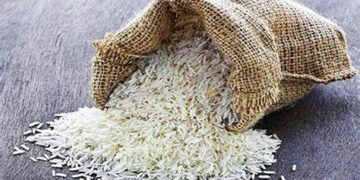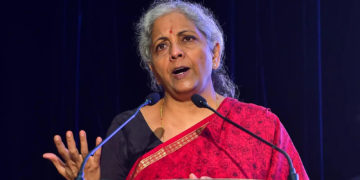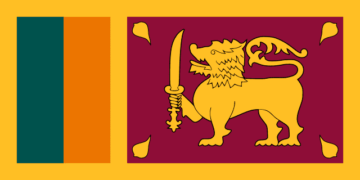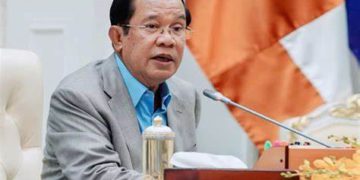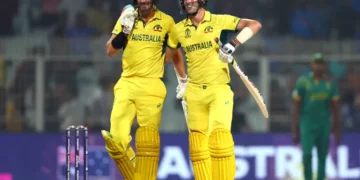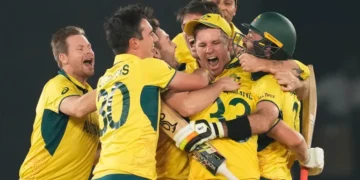The ruling Bharatiya Janata Party’s candidate Draupadi Murmu, a tribal woman, is leading the way.
Draupadi Murmu, the ruling Bharatiya Janata Party candidate, will take on the opposition candidate Yashwant Sinha in the upcoming presidential election in India. Murmu is expected to win the election as the BJP, and its allies have enough numbers to propel her to the top post.
Article 62(1) of the Indian Constitution mandates that “an election to fill a vacancy caused by the expiration of the term of office of President shall be completed before the expiration of the term.” Current President Ram Nath Kovind’s tenure ends on July 25.
The presidential election will be held on July 18. An electoral college consisting of elected members of both the Houses of Parliament and elected members of the Legislative Assemblies of all the States and Union Territories of India shall cast their vote on that day. Counting ballots will take place on July 21, and the new President (15th of India )will be sworn in on July 25.
Recently, the ruling party, its allies, and the opposition have been engaging in heated discussions to decide which person to field in the election.
The opposition list had three veteran MPs – Nationalist Congress Party leader Sharad Pawar, former Jammu and Kashmir Chief Minister Farooq Abdullah and former West Bengal Governor Gopalkrishna Gandhi. With all three dropping out of the race, former BJP leader Sinha, who has previously held the portfolios of finance and foreign affairs, has emerged as the opposition’s candidate for the presidential election.
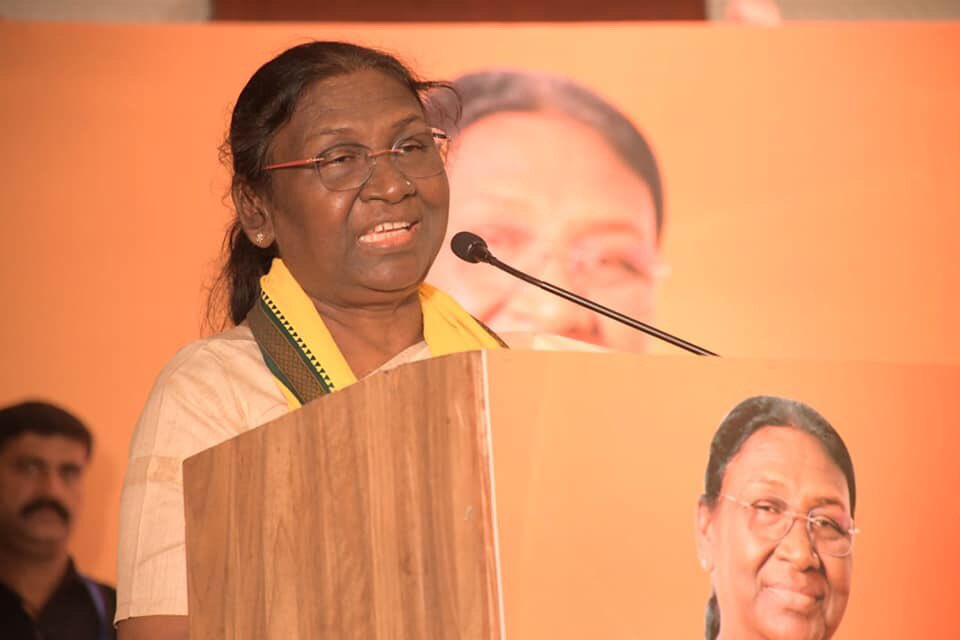
The choice of the BJP-led coalition, Murmu, is a tribal woman; She belongs to the Santhal tribe. A former governor of Jharkhand state, she pushed back laws unfair to tribal communities. After Murmu’s term as governor ended in 2017, the BJP lost power in Jharkhand.
Since the announcement of Murmu’s candidature, BJP members have sung his praise. Speaking to The Diplomat, BJP’s Delhi unit chief Adesh Gupta described him as the best option for the party leadership. “Madam Murmu has worked very hard in life and deserves this opportunity to further the development of the tribal community,” he said.
As for Sinha, after his name was proposed as the opposition’s presidential candidate, the former BJP leader issued strong statements about the President’s power and position in the Indian democratic landscape. In a recent address, he said the country should not have a “rubber-stamp president”. He said that the fight is not between two individuals but between two ideologies.
A former Union minister, Sinha, has remarked that the BJP-led government is moving on a road that is not good for the country. “The youth are the victims”, and now, the government has played a “joke” on the unemployed youth with its new scheme for military recruitment. The recently announced Agneepath scheme does not provide them with long-term job security. In the past, Sinha has also called out the BJP for its lack of policies structured to support farmers, daily wage workers, unemployed youth, women and all marginalized sections of society.
The outgoing President of India, Kovind, has supported controversial and highly anti-people policies and politics pushed by the BJP government. From revoking constitutional rights and guarantees given to the people of Jammu and Kashmir to praising the anti-Muslim and discriminatory Citizenship Amendment Act and giving his assent to controversial agricultural laws that were eventually withdrawn, Kovind has been accompanied. The BJP government is undermining the pro-people spirit of India’s democracy.
Kovind is a Dalit. His rise to the post of President was seen as a decisive step for Dalits and backward castes across India. However, little has improved in the life of Dalits in the country during his tenure, as they continue to face violence and are forced by other castes to do jobs deemed very dirty such as dry toilets and cleaning drains. Is.
Analysts are predicting a clear victory for Murmu. Besides its strong presence in the national parliament and state legislatures, the BJP is expected to have the support of its regional allies, including the Biju Janata Dal, the All India Anna Dravida Munnetra Kazhagam, and the Yuvajan Shramik Rythu Congress Party.
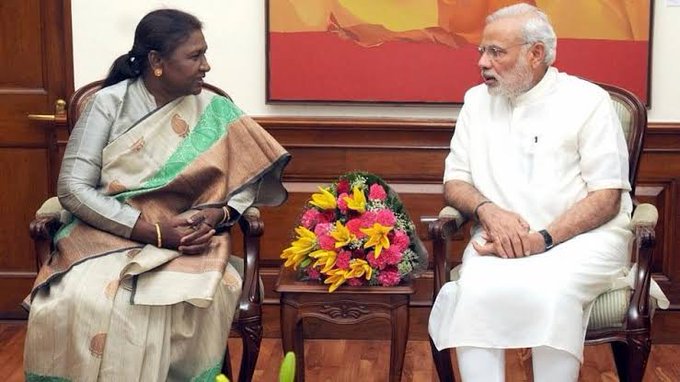
Unlike the BJP-led coalition, which strongly supports Murmu, Congress party sources told The Diplomat that many in the opposition Congress-led United Progressive Alliance are not in support of Sinha as its presidential candidate.
For the first time, India is preparing to appoint a tribal woman as the President.
As President, Murmu will face many challenges. Will she silently accept all the laws and policies the Narendra Modi government sends to her office?


